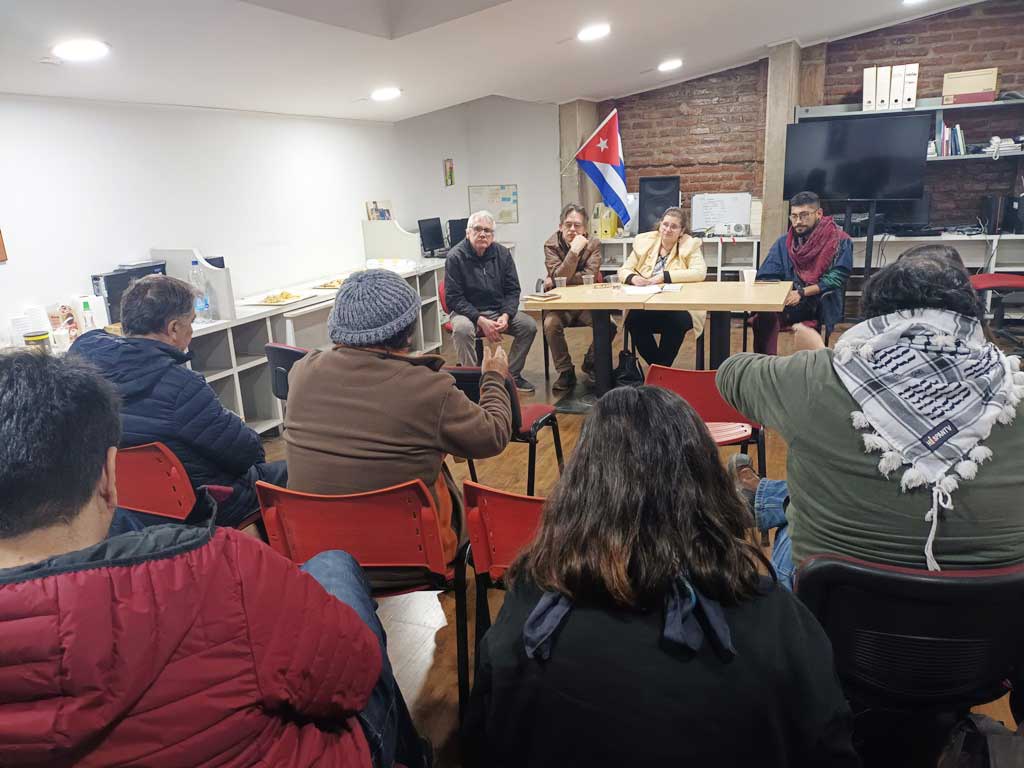Fidel always trusted in the role of young people in the revolutionary process, he considered them to be the group indicated to conduct the necessary changes in the country, Rosario Rodriguez, first secretary of the Cuban Embassy in Santiago, explained.
In her speech, she also referred to Fidel’s legacy of the importance of unity, brotherhood among peoples, internationalism, anti-imperialism, and his constant concern for the problems of humanity.
As examples of Cuba’s solidarity, Rodriguez mentioned the fight against Ebola in Africa and cholera in Haiti, the medical brigades sent to nations such as Pakistan, Mexico, Chile, and Venezuela, and the fight against the Covid-19 pandemic in several countries.
Physician and social leader Esteban Maturana, in turn, pointed out that one of the most outstanding works of the Revolution has been the development of health, which allowed it to reach developed countries’ indicators and help many nations globally.
Another speaker, Felipe Gajardo, of the Communist Youth of Chile, stated that Fidel Castro’s thinking and work are to date a subject of study for comrades who joined the ranks of the organization.
Gajardo condemned the economic blockade that the United States has maintained for several decades, especially against the Cuban people.
Pedro Bronzic, spokesman for the metropolitan area of the Movement in Solidarity with Cuba, invited those present to participate in the next national meeting, to be held in Valdivia on November 30-31.
jrr/iff/oda/car









